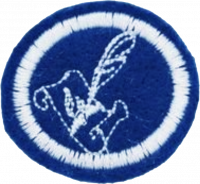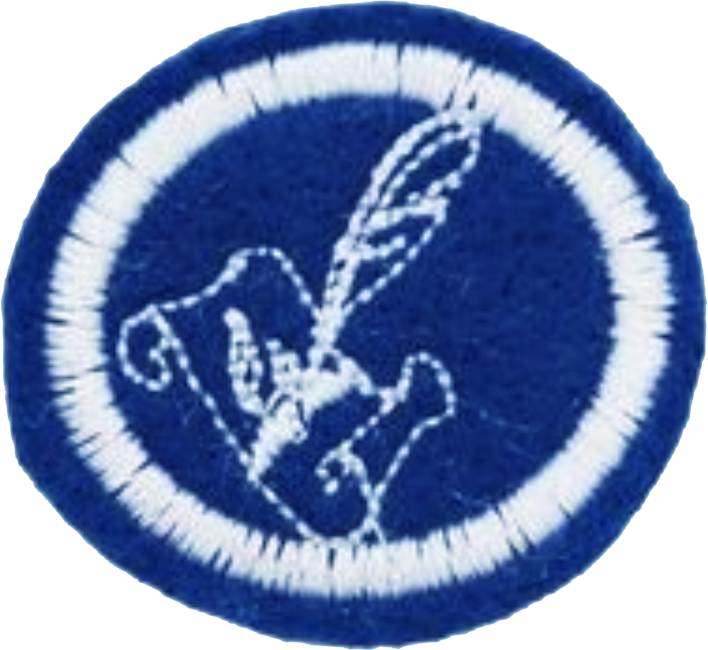AY Honor Church Historian Requirements
1. Interview a history teacher and present the interview to the evaluator:
- a. What motivated you to choose to be a historian or history teacher?
- b. What most draws your attention when studying history?
- c. What would be the most interesting aspect of this profession and the most difficult?
- d. What is history?
- e. What is historiography?
- f. What is the importance of studying history?
- g. What is the work of a historian and in what field does he or she work?
- h. What are the main techniques of survey and historical research?
- i. What is Chronology and Periodization?
- j. What is the difference between Historical Knowledge and Historical Reflection?
2. List the main sources for research on the history of the Church (Writings: documents, diaries, books, letters, etc., Not written: oral, monuments, photographs, music, costumes, etc.).
3. Cite at least one source that deals with the denominational history of the SDA Cchurch in the country.
4. Write a report of at least 400 words about the emergence of the Adventist movement.
5. Use historical study techniques (bibliographic, documentary, interviews, etc.) and write a detailed biography of a:
- a. Pioneer of the Adventist Church in the world
- b. Pioneer of the Adventist Church in the country or region
6. How did the Adventist message reach the region?
- a. Interview someone, if possible, who is a pioneer of the church in the region.
- b. Have a picture of the person.
- c. Have a copy of a written source that mentions the arrival of Adventism in the region (it may be a denominational magazine or not).
7. How was the church to which the club belongs organized?
- a. Interview someone, if possible more than one person, who has been a pioneer of the local church.
- b. Get photos of the first members of the church.
- c. Have a copy of some written sources about the foundation of the church (minutes of the meeting, purchase of the land).
- d. Have pictures of the construction of the church, inauguration, dedication, etc.
8. Use the material studied in requirement 5 and prepare a final report on the history of the local church and congregation in the region. (This report can be presented in commemorations of the church and the field, or you can also donate some copies to the municipal authorities and libraries).
9. With the help of the club director, make a detailed historical report about the existence of the Pathfinder Club.
10. Prepare a poster about the history of the church and exhibit it in the church, at least two Sabbaths (if the honor is completed as a group, assignments should be distributed and the poster should be displayed in more than one place, at least two Sabbaths in each place). The poster must be according to the following scheme (Note: If the poster is completed as a group, the number of places where the poster is to be displayed must be proportional to the number of members that participated in making it; ask the director or counselor for help):
- a. Timeline style of the church history.
- b. Cover from the Great Disappointment to the last club camporee.
- c. Present images for most of the events.
- d. All events must have a date.
- e. Highlight events of the Division, church and club.
- f. Present at least 20 historical events in total, highlighting the global, regional, and local relevance of these events.
11. Participate in a skit on some peculiar event in the history of the Adventist pioneers.
12. After all the work has been done, discuss with the instructor the sense of heritage, legacy, tradition, and belonging.



